Because of its widespread use as a dietary supplement Vitamin C is more familiar to the general public than other nutrients.
Vitamin C, also called ascorbic acid, is a nutrient that gets dissolved in water and is easily excreted from the body when not needed.
Functions of Vitamin C
Vitamin C has a predominantly protective role in the body. It is known as an "antiscurvic factor" as it helps to prevent a disease called scurvy. When the amount of vitamin C in the body drops below 300 milligrams, gums and skin lose the protective effect of this vitamin.
Cardiovascular disease, cancers, joint diseases and cataracts are also associated with a deficiency of Vitamin C. Vitamin C achieves many of its protective effects by acting as an antioxidant and prevent damage caused by oxygen in the cells. Structures that contain fat (like lipoprotein molecules) are also particularly dependent protective function of vitamin C.
Deficiency of Vitamin C
Symptoms of deficiency of vitamin C are associated mostly with the scurvy disease - bleeding gums and change in the color of your skin , although in modern times the disease is extremely rare. Other less-known symptoms of deficiency of vitamin C nowadays are slow wound healing, poor immune function, including susceptibility to colds and other infections , respiratory infection, lung and others.
There are also conditions that can come due to the toxicity of vitamin C, but they are caused by its adoption as a dietary supplement and not as a form, it is naturally contained in food. At high doses, including 5 or more grams of Vitamin C, the liquid in the intestines become too concentrated and can cause osmotic diarrhea.
Overdose of Vitamin C
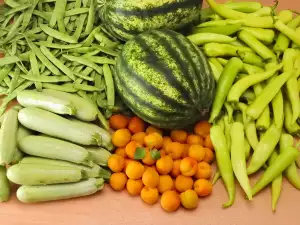
Large supplemental doses of Vitamin C can also increase the levels of uric acid in the urine. Vitamin C can increase absorption of iron from plant foods by the body and thus individuals who have health problems related to excess iron in cells should avoid taking high doses of vitamin C.
For these reasons, the National Academy of Sciences of the United States has set an upper limit for vitamin C intake of 2 000 milligrams (2 grams) for adults 19 and older.
Vitamin C is extremely sensitive to air and water temperature. About 25% of the vitamin C content in vegetables and fruits may be lost in boiling or freezing conditions. Cooking vegetables and fruits for a longer period of time (10-20 minutes) may result in the loss of more than half of the total content of vitamin C. When fruits and vegetables are canned and then warmed only 1/3 of their initial content of Vitamin C can be maintained.
The categories of drugs that can lead to reduced supply of vitamin C in the body include: oral contraceptives (birth control pills), NSAIDs (non steroidal anti-inflammatory drugs, including aspirin), corticosteroids (eg cortisone), sulfonamides (often used as antibiotics or cancer), and barbiturates.
Benefits of Vitamin C
Most forms of cardiovascular disease , joint disease, cancer, eye disease, thyroid disease, liver disease and lung disease require special emphasis on vitamin C. The aging process is also associated with particular attention to vitamin C. In addition to these broad disease categories, a special vitamin C handling is required with diseases like acne , alcoholism , disease, Alzheimer's , asthma, autism, depression, diabetes, bowel disease, Parkinson's disease and others.
Sources of Vitamin C
Dietary supplements typically contain Vitamin C as ascorbic acid. Since Vitamin C is better absorbed in the presence of flavonoids, many of these supplements also contain flavonoids.
Commonly available are buffered versions of Vitamin C, which usually combines Vitamin C with minerals such as calcium, magnesium, potassium.
Also available is a wide and complex metabolic form of vitamin C, sold commercially under the name Ester-C (TM), in which ascorbic acid is combined with a number of its natural metabolites.
Excellent food sources of vitamin C are: broccoli, peppers, cabbage, cauliflower , strawberries, lemons, mustard , turnips, brussels sprouts , papaya, spinach , kiwi , peas , cantaloupe, oranges , grapefruit and limes.
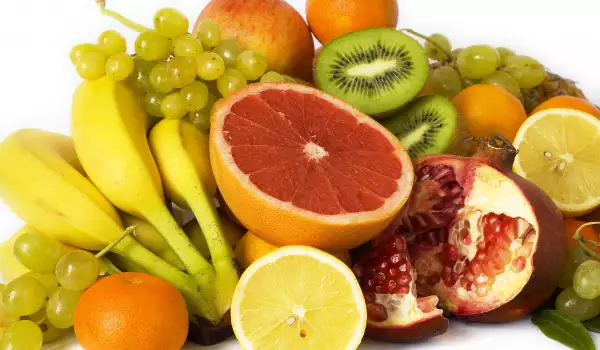
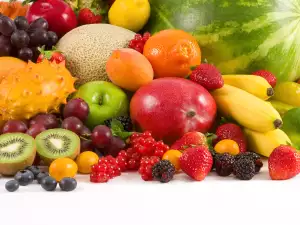

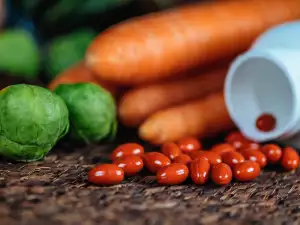
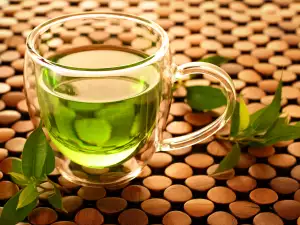
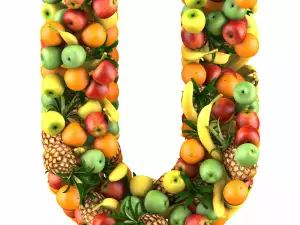
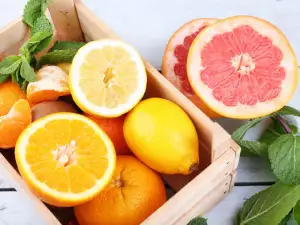

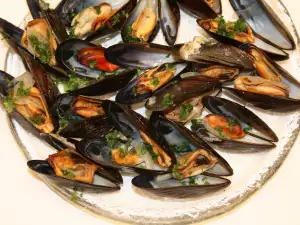
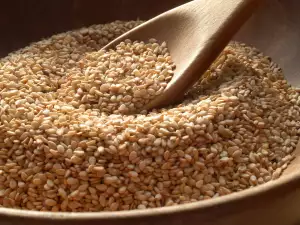









Comments